From the Author; Astrobiology and the Christian Doctrine with Revd Prof Andrew Davison
The Revd Prof Andrew Davison is the Starbridge Professor of Theology and Natural Science, holding the professorship endowed by the novelist Susan Howatch.…

The Revd Prof Andrew Davison is the Starbridge Professor of Theology and Natural Science, holding the professorship endowed by the novelist Susan Howatch.…

As 2023 ends and a new year begins, the International Journal of Astrobiology is preparing to begin a new journey. Beginning in 2024, all articles in IJA will be available under Gold Open Access.

Professor Tomonori Totani of the University of Tokyo, Japan, answers our questions about his latest research article Solid grains ejected from terrestrial exoplanets as a probe of the abundance of life in the Milky Way in the International Journal of Astrobiology (IJA)

Author of Fundamental Planetary Science, Imke de Pater, answers 3 questions for International day of Women and Girls in Science

Author of Worlds Fantastic, Worlds Familiar, Dr. Bonnie J. Buratti, answers 3 questions for International day of Women and Girls in Science
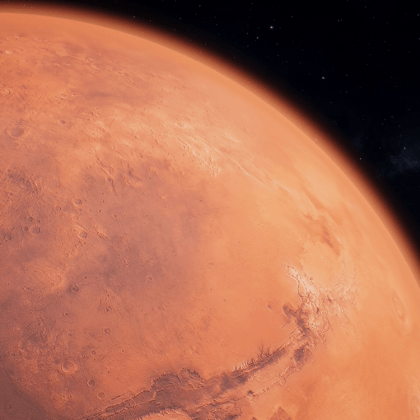
Life on Mars is the hot topic of the decade. The NASA missions Mars Science Laboratory in Gale Crater and Mars 2020 in Jezero Crater are searching for traces of martian life. The European/Russian rover mission ExoMars 2022 will be launched in September 2022 to search for life in Oxia Planum. In fact, we have been looking for life on Mars since the 1970s when the two Viking landers touched down on the surface of the planet in 1976.

We celebrate World Ocean Day to remind us of how important the marine habitat is today and its need for better environmental stewardship tomorrow.…
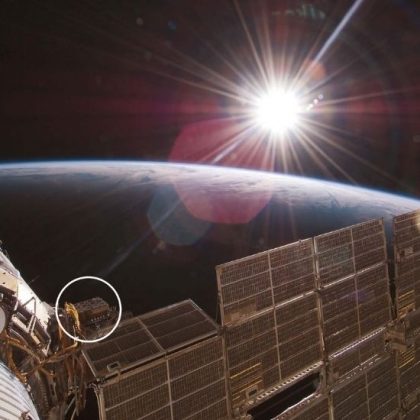
Sci-fi traditionally concentrates on high-tech aliens, such as those in "Independence Day". But could real extra-terrestrial technology be more like Star Wars' stone-age Ewoks, than the interplanetary travellers of Close Encounters?

Doomsday undone. Artificial wombs, cryopreserved embryos and AI could allow civilizations and ecosystems to survive on post-Apocalypse worlds and exoplanets

A new paper from MIT by Dr. Keith Johnson in the International Journal of Astrobiology (Cambridge University Press) connects dark matter, dark energy, life, and the Fifth Element.

In the last 4000 days scientists have discovered more than 4000 new planets. Thousands of other candidate planets are currently being investigated.…

What are the consequences for the human race if we encountered extraterrestrial intelligence? If you see a story about aliens on TV or online, how excited should you be? A new study, published in the International Journal of Astrobiology, revamps a long-used tool for classifying potential signals from extraterrestrial intelligence, making it fit for the modern world of news and social media.
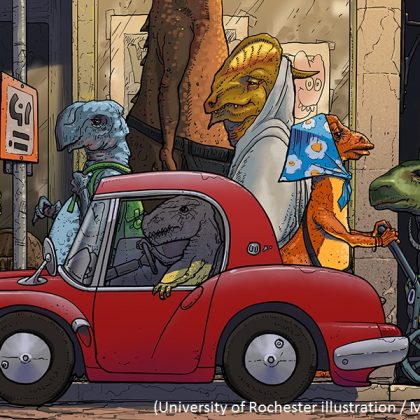
Imagine if, many millions of years ago, dinosaurs drove cars through cities of mile-high buildings. A preposterous idea, right? Over the course of tens of millions of years, however, all of the direct evidence of a civilization—its artifacts and remains—gets ground to dust. How do we really know, then, that there weren’t previous industrial civilizations on Earth that rose and fell long before human beings appeared? It’s a compelling thought experiment, and one that Adam Frank, a professor of physics and astronomy at the University of Rochester, and Gavin Schmidt, the director of the NASA Goddard Institute for Space Studies, take up in a paper published in the International Journal of Astrobiology.

Studies by University of Maryland School of Medicine (UMSOM) scientists have identified key factors that help microbes survive in harsh environments.
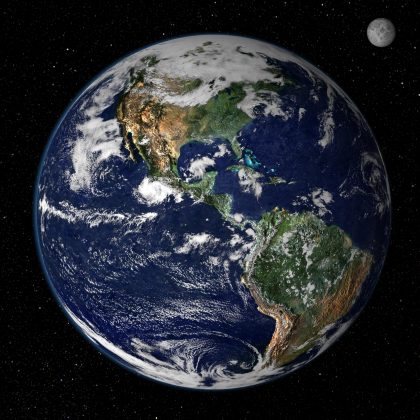
How long will humankind survive? Besides the fact that we have been able to eliminate ourselves with nuclear weapons for decades, even without a third world war, the challenge to take care of the resources of our planet remains; we need to use them in a way that our children and their children can have a place on Earth as well. In this blog post Andreas Losch discusses his recent review article in the International Journal of Astrobiology, The need of an ethics of planetary sustainability
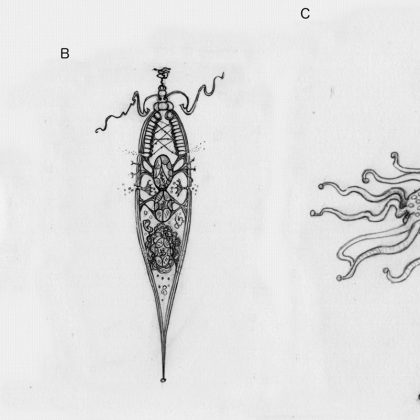
Hollywood films and Science-Fiction literature fuel the fantasy that aliens are other-worldly, monster-like beings, who are very different to humans. But, new research suggests that we have more in common with our extra-terrestrial neighbours, than initially thought. In a new study published in the International Journal of Astrobiology scientists from the University of Oxford show for the first time how evolutionary theory can be used to support alien predictions and better understand their behaviour.

In a paper published Aug. 3 in the International Journal of Astrobiology, Daniel Whitmire applying a statistical concept called the principle of mediocrity and argues that if we are typical, it follows that species such as ours go extinct soon after attaining technological knowledge.

In this blog post Joseph Gale and Amri Wandel discuss their recent review article in International Journal of Astrobiology, The potential of planets orbiting red dwarf stars to support oxygenic photosynthesis and complex life.…

This blog post is a detailed summary of the Cambridge Journals performance in the 2014 Thomson Reuters JCR® Impact Factor results.…

Adapted from the Introduction to the EXPOSE-R Mission Special Issue in the International Journal of Astrobiology by Dr Gerda Horneck and Corinna Panitz.…

To celebrate the publication of a special issue of International Journal of Astrobiology, two articles are being made freely available to the public. …